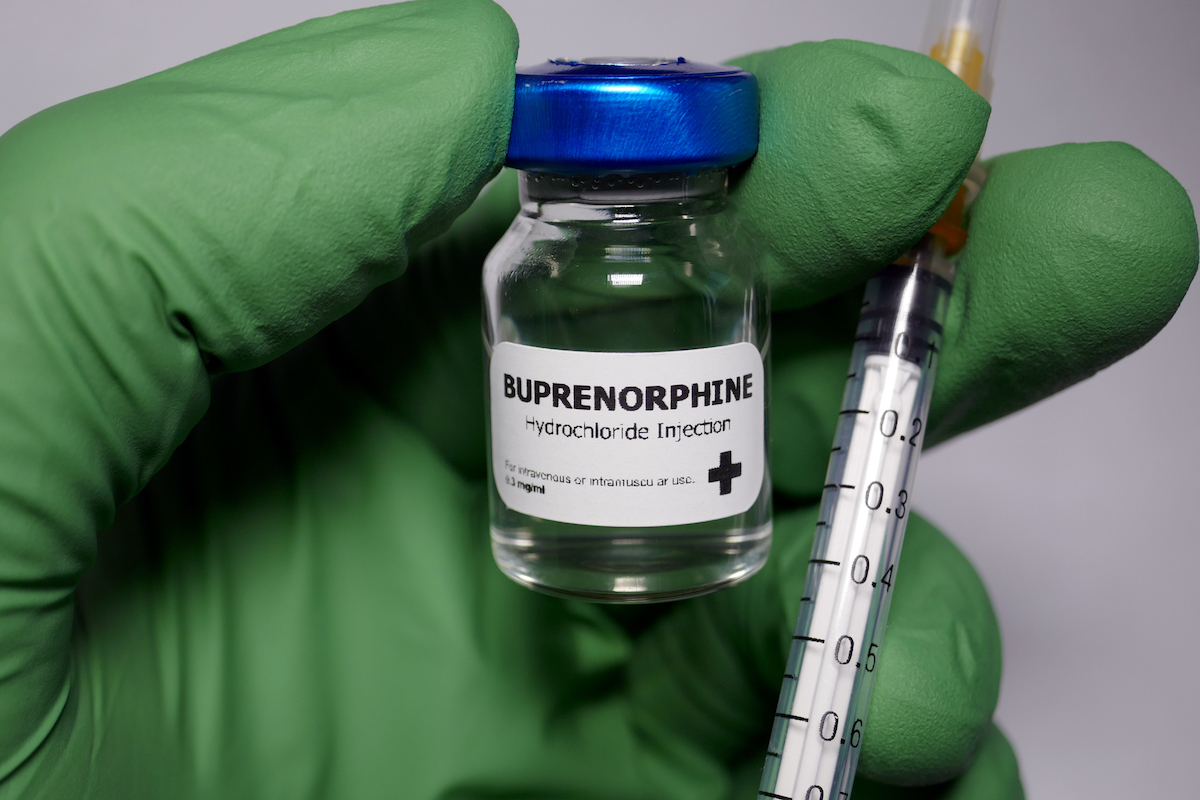A recent federal government announcement loosening requirements for the prescription of medication to treat opioid use disorder (OUD) removes barriers between people and recovery, according to a Hartford HealthCare addictions expert.
Until the change, the U.S. Department of Health and Human Services (HHS) required healthcare providers to meet specific certification requirements to prescribe buprenorphine-based medications to treat OUD, said Dr. J. Craig Allen, vice president of addiction services for Hartford HealthCare and medical director of Rushford.
The new HHS “Practice Guidelines for the Administration of Buprenorphine for Treating Opioid Use Disorder” exempts physicians from the eight-hour training program needed for such certification.
“This is a direct response to dramatic increases in opioid overdoses and deaths in the past few years,” Dr. Allen said. “The pandemic only worsened the impact of OUD.”
From June 2019 to June 2020, the nation recorded more than 83,000 drug overdose deaths, the highest ever in a 12-month period and a 21 percent increase over the year before.
“We have got to make help – in the form of buprenorphine and psychosocial treatment – more accessible to people with OUD,” Dr. Allen said. “This is a huge step in that direction, removing barriers to care.”
Buprenorphine is one of the three Food and Drug Administration-approved medications for OUD. Buprenorphine decreases withdrawal symptoms, reduces cravings and can block the effects of illicit opioids. A comprehensive treatment program combines medication with therapy, recovery support specialists and other strategies for optimal outcomes. But studies show that even medication for OUD by itself significantly reduces overdose risk.
In anticipation of the guideline change, Dr. Allen said Hartford HealthCare’s Behavioral Health Network (BHN) team is planning to make training available for healthcare providers most likely to encounter patients who could benefit from buprenorphine. This includes primary care providers, obstetricians, infectious disease specialists, those working in emergency and urgent care settings and hospitalists.
“We want providers to understand how to use this medication but also to be aware of the resources available within the BHN to support them and their patients with OUD,” Dr. Allen said, noting that trainings will help the providers screen patients for risk and identify those who have developed a disorder where the best results occur when immediate medication intervention can be offered.



